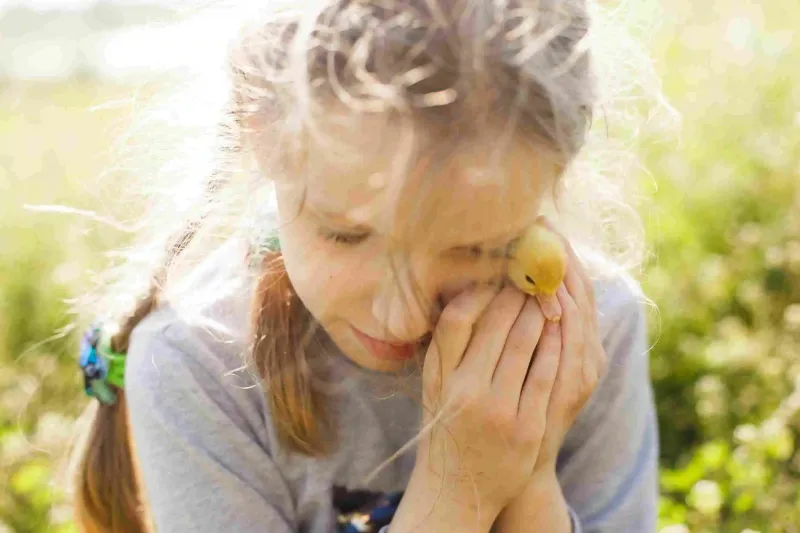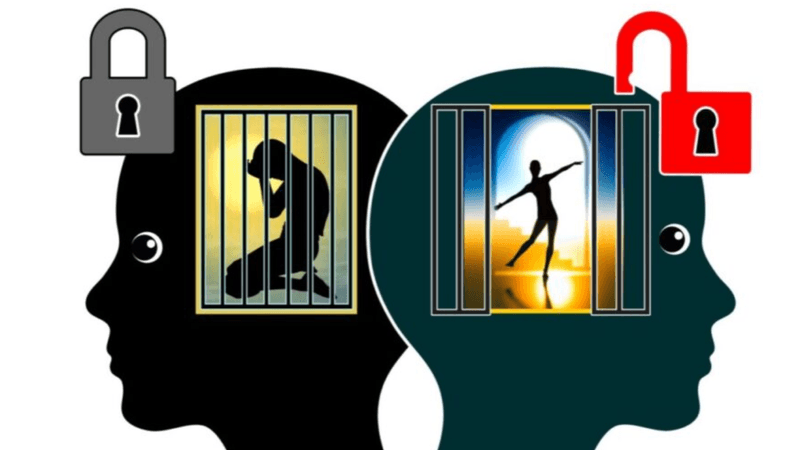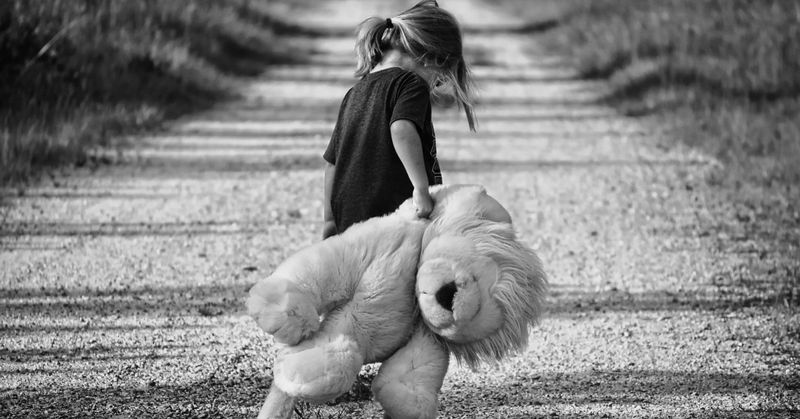Childhood experiences significantly shape an individual’s adult life. When these formative years are marked by a lack of love and nurturing, the repercussions often manifest in various subtle and not-so-subtle ways. Adults who endured an unloved childhood may find themselves grappling with behaviors that can seem puzzling or even self-defeating to outside observers.
These behaviors are not mere quirks; they are deep-seated responses to unmet emotional needs from the past. Understanding these behaviors can offer insights into their origins, providing a path toward healing and self-compassion. Here are eight behaviors that might reveal such a childhood.
1. Difficulty with Intimacy

Difficulty with intimacy often stems from a lack of emotional nurturing during childhood. Individuals who grow up feeling unloved may struggle to form close relationships in adulthood.
They might erect emotional walls, fearing vulnerability and rejection. This behavior can manifest in both romantic and platonic relationships, where emotional closeness feels unattainable.
Building trust may seem daunting, leading to isolation despite a desire for connection. Reflecting on these challenges can help in recognizing and dismantling these barriers. Engaging in therapy can provide the necessary tools to foster healthier emotional bonds.
2. Perfectionism

Perfectionism often masks deeper insecurities tied to a sense of being unloved. The constant pursuit of flawlessness is an attempt to gain approval that was missing during childhood.
This behavior can lead to chronic stress, with individuals setting unrealistic standards for themselves. The fear of failure looms large, often leading to procrastination or burnout.
Understanding the root of this compulsion is crucial in easing the pressure. Practicing self-compassion and setting achievable goals can help in breaking the cycle of perfectionism.
3. Avoidance of Conflict

Avoidance of conflict is a common trait among those who experienced an unloved childhood. Conflict might have been associated with negative emotions and instability, leading to a fear of confrontation in adulthood.
Such individuals might go to great lengths to keep peace, often at their own expense. This can result in unresolved issues and unmet needs.
Learning to engage in healthy conflict resolution can transform relationships. Recognizing that disagreement does not equate to disaster is a vital step in overcoming this behavior.
4. Fear of Abandonment

Fear of abandonment often haunts those who felt unloved as children. This fear can manifest as clinginess or an overwhelming need for reassurance in relationships.
The anticipation of being left can lead to anxiety and mistrust, sabotaging connections. Individuals may question their worth, assuming separation is inevitable.
Building self-esteem and working through attachment issues with a therapist can alleviate these fears. Creating a supportive network also helps in reinforcing a sense of belonging and security.
5. Overly Self-Reliant

Overly self-reliant individuals may have learned early on that they could only depend on themselves. Growing up unloved often necessitates a fierce independence as a survival mechanism.
While self-reliance is a valuable trait, it can also hinder the ability to seek help and build supportive relationships. The fear of vulnerability keeps these individuals isolated.
Embracing interdependence can improve their quality of life. Learning to trust others and accept support can ease the burden of carrying everything alone, fostering healthier connections.
6. Low Self-Esteem

Low self-esteem is a pervasive issue for those who felt unloved in childhood. Constantly questioning one’s value can hinder personal and professional growth.
This lack of confidence might result in self-sabotaging behaviors, as failure seems like a confirmation of worthlessness. Positive reinforcement was likely scarce, leading to a fragile self-concept.
Building self-esteem involves challenging negative beliefs and celebrating achievements, no matter how small. Therapy and self-reflection can help in reconstructing a stronger, more positive self-image.
7. People-Pleasing Tendencies

People-pleasing tendencies are common among those who lacked love as children. The urge to satisfy others stems from a desire for validation and acceptance.
This behavior can lead to burnout, as constantly putting others first takes a toll. Personal needs are often neglected, causing resentment and dissatisfaction.
Learning to set boundaries and prioritize self-care is crucial. Understanding that self-worth is not dependent on others’ approval can empower individuals to make healthier choices.
8. Fear of Rejection

Fear of rejection can haunt those with an unloved childhood. This fear often prevents individuals from reaching out and forming new connections.
They might avoid social situations or opportunities, fearing negative judgment. This self-imposed isolation limits experiences and hinders personal growth.
Building resilience and practicing self-affirmation can combat this fear. Encouraging oneself to engage in social activities, despite discomfort, can gradually build confidence and diminish the fear of rejection.

Well, hello there!
My name is Jennifer. Besides being an orthodontist, I am a mother to 3 playful boys. In this motherhood journey, I can say I will never know everything. That’s why I always strive to read a lot, and that’s why I started writing about all the smithereens I came across so that you can have everything in one place! Enjoy and stay positive; you’ve got this!

